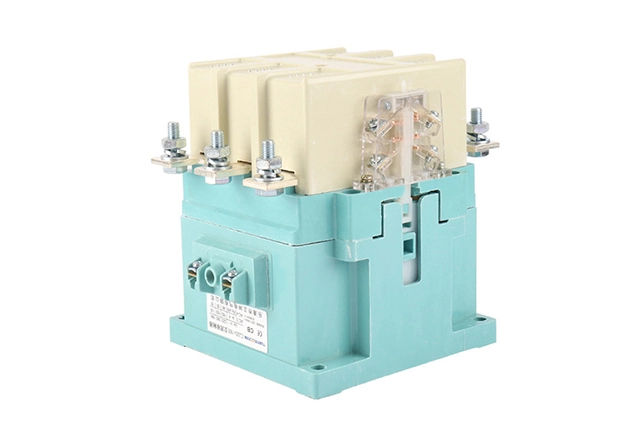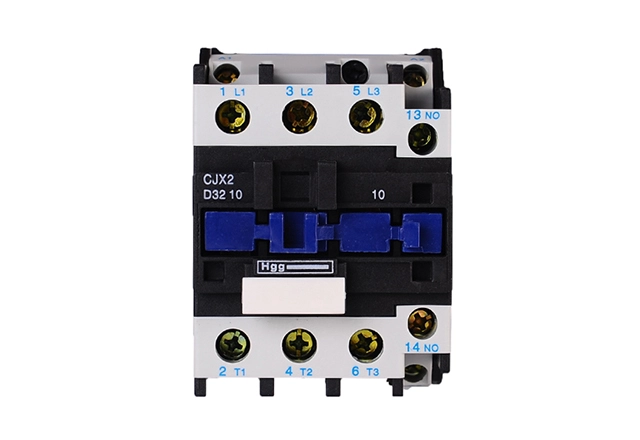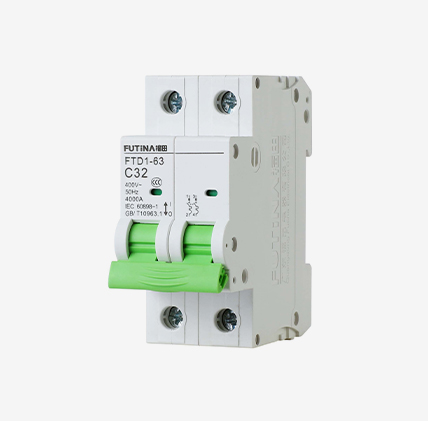An AC contractor is a professional who specializes in the installation, maintenance, and repair of air conditioning systems in households, commercial buildings, and industrial facilities. AC contractors may work for companies that provide HVAC services, or they may run their own contracting businesses. Their tasks involve assessing the heating, ventilation, and air conditioning (HVAC) systems of their clients, advising them on the best equipment, installing new systems, and providing routine preventive maintenance and repair services. AC contractors play a crucial role in keeping indoor environments comfortable and safe, especially during times of extreme temperatures.











